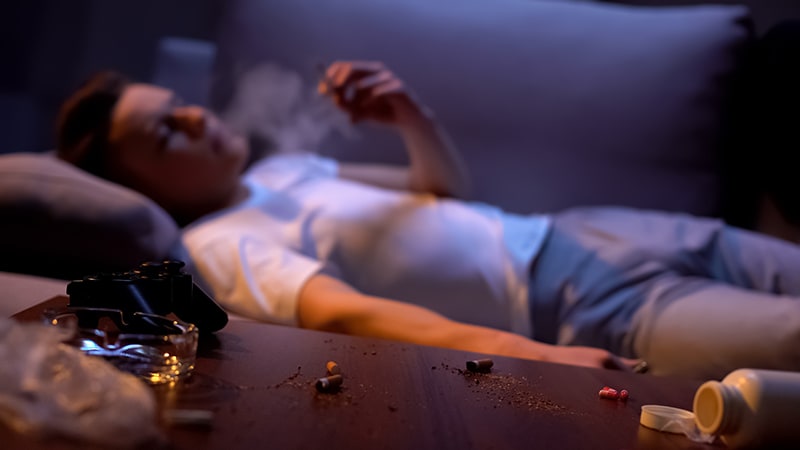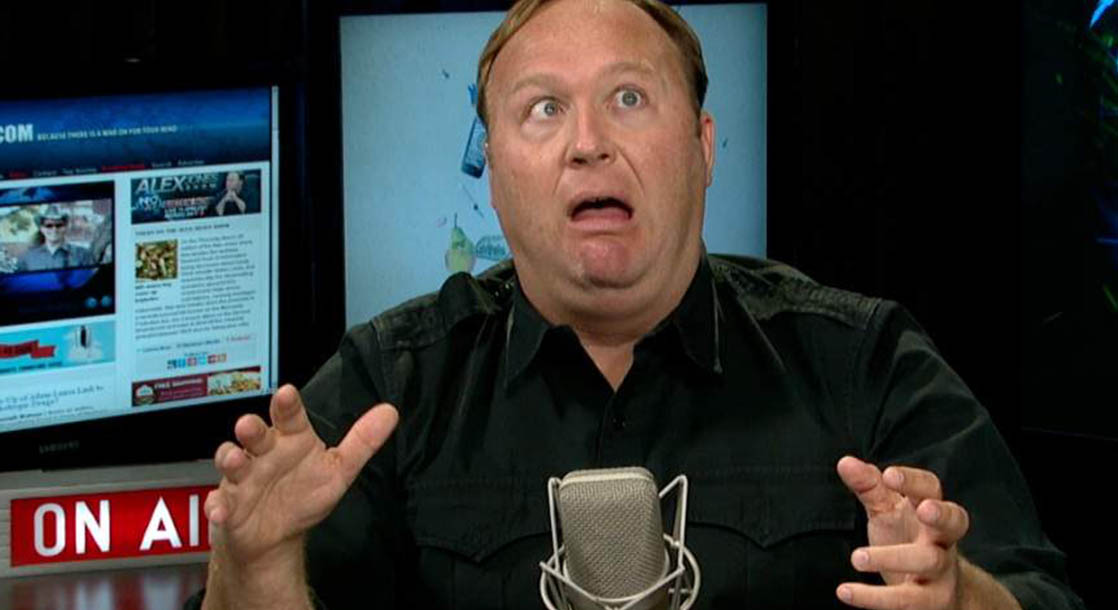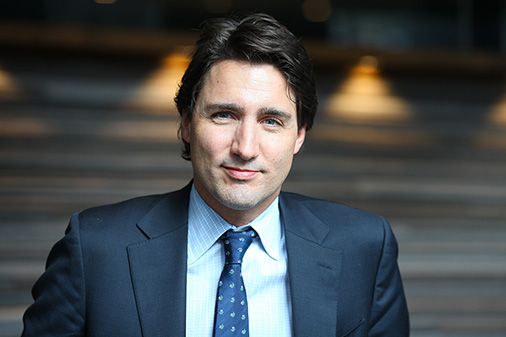Experienced stoners believe that cannabis-assisted therapy could be just as effective as psilocybin therapy, according to a new study recently published in the Cannabis journal.
Over the past several years, researchers, therapists, and even federal health officials have come to accept that psychedelic-assisted therapies can effectively treat depression, anxiety, and other mental health issues. Relatively few studies have investigated whether cannabis could also boost the effectiveness of therapy, however, even though medical marijuana is legal in most US states.
Tripping on shrooms or other psychedelics can bring on a variety of mystical experiences, including feelings of interconnectedness, ego dissolution, and emotional breakthroughs. And many recent studies have found that these experiences are directly linked to the effectiveness of psychedelic therapy. Cannabis users also report having similar kinds of mystical experiences after taking high doses of weed, though, which suggests that cannabis therapy could also potentially help treat depression or other issues.
A team of researchers from New York and Canada just published one of the first studies to explore the potential combination of cannabis and therapy. For the first part of the experiment, researchers recruited 560 lifetime weed users on an anonymous online platform. Each subject was asked to read a statement describing how psilocybin therapy can treat depression, and then asked whether they thought cannabis-assisted therapy could provide the same benefits.
“A great many cannabis users look at the measures included in the Mystical Experiences Questionnaire and emphasize that they have had comparable reactions to the plant,” said study author Mitch Earleywine, psychology professor at the University at Albany, to PsyPost. “When other labs showed that psilocybin’s impact on depression seemed to stem from these, we couldn’t help but ask people.”
The majority of subjects said that they did indeed expect that cannabis-assisted therapy could treat depression as effectively as psilocybin therapy. Out of the full range of mystical experiences, subjects believed that the experience of emotional breakthrough was the most important factor that could help reduce depression. Researchers also asked subjects whether they thought cannabis therapy could help reduce maladaptive or negative thoughts, and most participants agreed that it probably would.
“The emotional breakthroughs seem to underlie therapeutic effects of psychedelics, and plenty of cannabis users claimed that they thought that they could have an emotional breakthrough with cannabis,” said Earleywine to PsyPost. “We had to take a look at dysfunctional attitudes because many psychological models of depression, anxiety, and other disorders suggest that maladaptive attitudes are the key.”
The researchers caution that their experiment does not in any way prove that cannabis can effectively treat depression, but only suggests that experienced weed users believe it would work. The study authors are currently working to kickstart new experiments investigating whether cannabis therapy could serve as an adjunct or alternative to psilocybin therapy, which is still illegal in every state except Oregon.
“These data are only ‘expectations,’” Earleywine told PsyPost. “People claim that these effects appear in reaction to cannabis, but we don’t have the actual trials. We are trying to collaborate with other labs to get some cannabis-assisted psychotherapy trials off the ground.”











